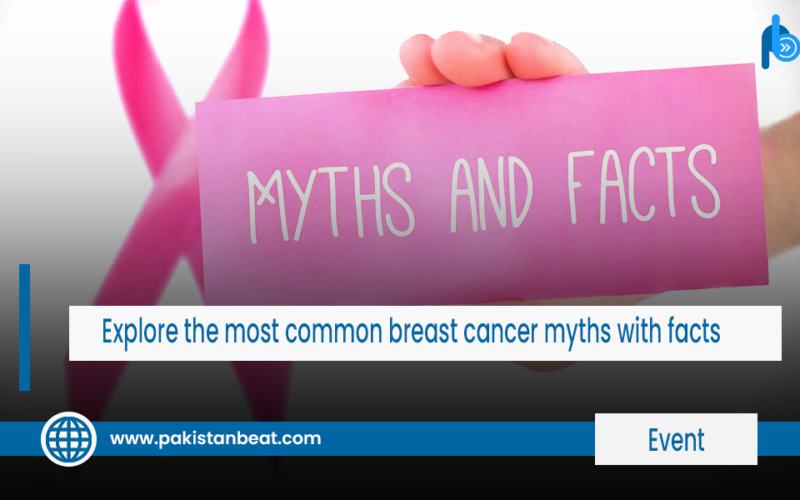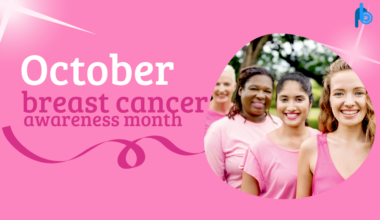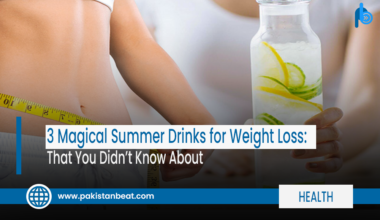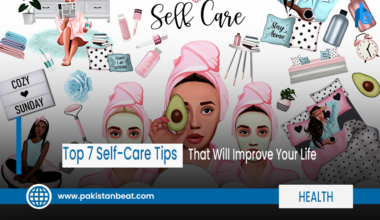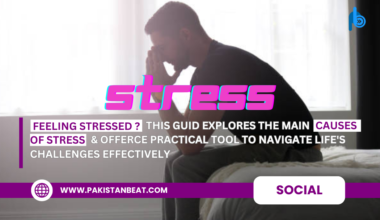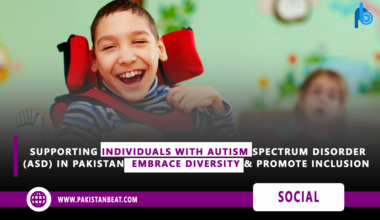Breast Cancer Myths: We are embracing Pinktober to the fullest, increasing awareness about the most common form of cancer in Pakistan—breast cancer. October is globally recognized as a month dedicated to raising awareness about the disease and encouraging women to take proactive steps toward their health. This involves learning more about breast cancer and getting regular screenings to stay healthy.
Although people are gradually becoming familiar with the topic, many myths still cause confusion and fear. I’m here to debunk these myths and provide valuable, accurate information so that you can lead a more informed life.
Myth 1: Only women with a family history of breast cancer are at risk

Fact: You don’t need a family history to develop breast cancer. Just because no one in your family has had it doesn’t mean you are safe and don’t need to monitor your health. According to the Shaukat Khanum Memorial Cancer Hospital, about 90% of breast cancer cases occur in women with no family history. While having relatives with breast cancer does increase your risk, every woman should be aware of regular screenings and perform monthly self-examinations.
Myth 2: Breast cancer only affects older women

Fact: While it’s true that breast cancer is more common in women over 40, younger women can develop it as well. People under the age of 30 should also be aware of the risk factors and consult a doctor if they notice any unusual changes.
Myth 3: Using deodorants and antiperspirants increases risk of breast cancer

Fact: This myth is probably the one that makes many women cautious about their vanity choices. The inclusion of chemicals like aluminum or parabens found in some products causes confusion, but there is still no scientific evidence linking the use of deodorants or antiperspirants to breast cancer. Studies by the American Cancer Society have shown that using parabens and similar elements has no conclusive link to breast cancer either. It’s more important to keep an eye on genetics, lifestyle changes, and regular health checkups.
Myth 4: A lump in the breast always means cancer

Fact: This is one of the most common myths. Not all lumps are cancerous; some are benign. Conditions such as fibrocystic breast disease or cysts can also cause lumps. That’s why it’s essential to have any lump examined to rule out cancer and ensure the appropriate treatment plan. Early detection can save lives, so don’t ignore it!
Myth 5: Breast cancer always starts as a lump

Fact: Like the previous myth, this is another common misconception. While lumps are a common symptom of breast cancer, they’re not the only sign. Other symptoms may include changes in breast size or shape, skin dimpling, nipple discharge (other than breast milk), or swelling in the armpit. It’s essential to visit a doctor if you notice any of these symptoms.
Myth 6: Men cannot get breast cancer

Fact: While rare, men can develop breast cancer. Approximately 1% of all breast cancer cases occur in men. In Pakistan, the rate might be lower compared to other regions, but men with a family history should still be vigilant and monitor their health.
Myth 7: Mammograms are painful and unsafe

Fact: This is untrue. Mammograms may cause some discomfort, but they are not painful. In fact, they are critical for early detection and breast cancer prevention. The procedure is safe, and the radiation exposure is minimal.
Myth 8: Healthy women don’t need to worry about breast cancer

Fact: Even women who lead a healthy lifestyle can develop breast cancer. A good diet and regular exercise can reduce your risk, but they don’t eliminate the possibility entirely. Regular screenings are still important, even if you feel fine—it’s just a way to ensure your health is on track.
Organizations like Pink Ribbon Pakistan and Shaukat Khanum Hospital have played instrumental roles in raising awareness and supporting breast cancer victims. As soon as October starts, hospitals like South City and Ziauddin often offer discounted or free mammograms to encourage women to get screened. Many corporations, such as Hoechst and DKT International, also hold seminars and workshops to empower women and spread knowledge about breast cancer.
Cultural stigmas and a lack of information prevent many women from seeking timely help. This makes it all the more important to break stereotypes and encourage open conversations about breast cancer.
Lastly, let me assure you that breast cancer is treatable, especially when detected early. If women, including myself, take proactive steps—such as regular self-examinations and screenings—it can significantly improve our health. These myths were debunked to help you realize the facts and empower you to make informed decisions. Spread the word, help those who may be struggling with these misconceptions, and make Pinktober a meaningful month for all of us. Let go of unnecessary fear and learn the facts. Let’s not just raise awareness but also educate others about the reality of breast cancer.
For more information about breast cancer screenings and support services, consult a local healthcare provider. Early detection can save lives.
